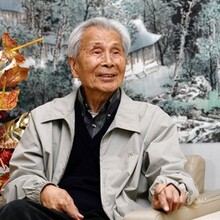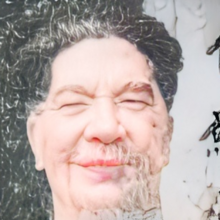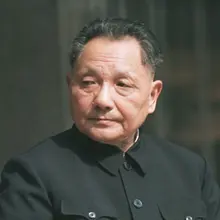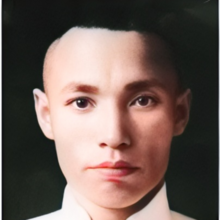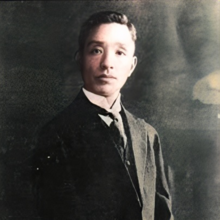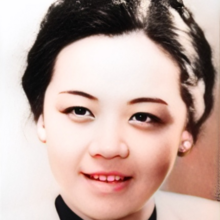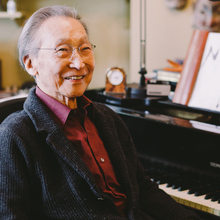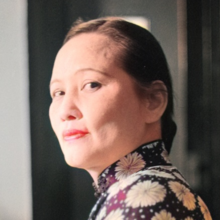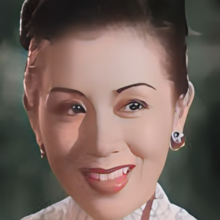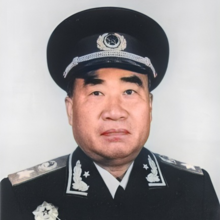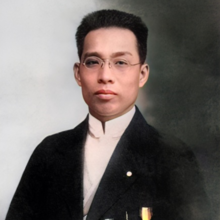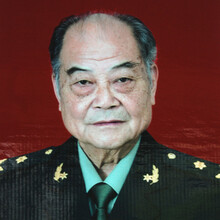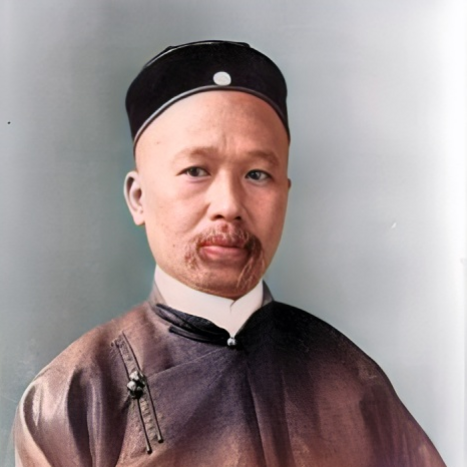
Personal
Other names:
Job / Known for:
Scholar and reformer
Left traces:
Created influential books ,Book of Great Unity
Born
Date:
1858-03-19
Location:
CN
Nanhai, Guangdong, Qing Empire
Died
Date:
1927-03-31 (aged 69)
Resting place:
CN
Qingdao, Shandong, Republic of China
Death Cause:
Natural causes
Family
Spouse:
Children:
Parent(s):
QR Code:
Show More
Rank
Users ranking to :
Thanks, you rate star
Ranking
5.0
1
About me / Bio:
Show More
Article for Kang Youwei
Died profile like Kang Youwei
Comments:

